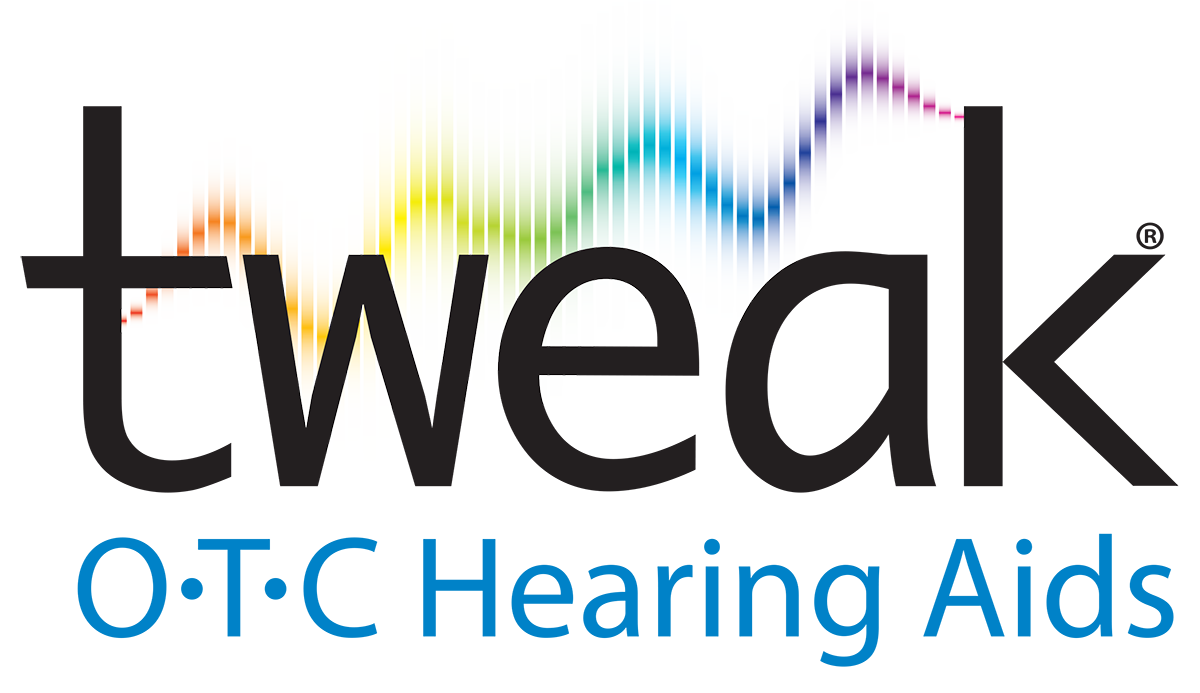People who wear hearing aids can, and do, get ear infections. But are hearing aids themselves the cause, or is it something else?
This is a common question audiologists get and a topic many hearing aid users have opinions on. Ear infections are typically uncomfortable and painful, so it’s a good idea to try to avoid them whenever possible. But is that even possible when you wear a hearing aid?
This article explains if there’s a connection between ear infections and hearing aids. For personalized advice, contact our team at Tweak Hearing today.
Ear Infections and Hearing Aids
Many people associate ear infections with young children, as they typically get them more often than adults. However, any person of any age can get an ear infection.
While sometimes people who wear hearing aids get ear infections, it’s important to know that these infections aren’t caused by the hearing aids themselves. Instead, ear infections are often caused by:
- Bacteria
- Viruses
- Changes in air pressure
- Having smaller than-average Eustachian tubes
- Blocked Eustachian tubes
- Cleft palate
- Swimming in polluted water
- Not drying the ear properly after swimming or bathing
- Improperly cleaning the ear
The large range of possible causes of ear infections means that they can affect people who don’t wear hearing aids as well as people who do. However, as bacteria is more likely to build up in hearing aids that haven’t been maintained and cleaned properly, this may mean that hearing aid users may be more susceptible to ear infections than non-hearing aid users.
Why You Should Clean Your Hearing Aid Regularly
Cleaning your hearing aids regularly is important when it comes to reducing your risk of ear infections. Microorganisms and bacteria can not only grow on your hearing aid but also in it. This means that neglecting proper cleaning may create a breeding ground for germs in the device you rely on for your hearing.
By maintaining good hearing aid hygiene, you can extend the life of your hearing aid while helping to keep your ears free from infection.
It’s also important to note that an improperly fitted hearing aid may lead to ear infections as well. This is because the ear canal may become irritated or get scratched by an incorrectly fitted or otherwise uncomfortable hearing aid, which leaves the ear canal susceptible to infections. This means that making sure your hearing aid fits well is just as important as ensuring it’s clean!
Tips for Cleaning Your Hearing Aid
Before you get started on cleaning your hearing aid, read the instructions that came with it. The cleaning instructions may differ between manufacturers, types, models, and so on, and it’s important to follow the correct instructions for your device.
1. Wash Your Hands
Clean hands are essential for cleaning other things, especially delicate devices like hearing aids. Wash your hands with soap and running water for at least 20 seconds, and then dry them thoroughly on a clean towel.
2. Use the Right Tools
There are many different types of hearing aids, and some will require different cleaning tools than others. Always ensure you’re using the appropriate tools for your particular device. These can include wax picks and loops, soft and clean lint-free cloths, hearing aid cleaning brushes and other tools, and mild, alcohol-free cleaning solutions. Alcohol-based cleaning wipes or solutions will ruin the surface of your hearing aid, so picking an alcohol-free solution is key! Ask your audiologist for recommendations if you’re unsure.
3. Get Into Good Habits
Cleaning your hearing aid properly is a great start, but you need to maintain this routine to keep them functioning well for as long as possible. Get into the habit of cleaning them every day— many people find it easiest to work this into their nightly routine before going to bed. This gives them time overnight to “breathe” and dry out so you can wear them again the next day.
4. Store Them Properly
Ensure you keep your hearing aids in a clean, safe, and dry place when you’re not using them. It’s recommended not to keep them in the bathroom, as the heat and humidity may damage the hearing aid. You may choose to keep them on your bedside table overnight (as long as they’re away from animals and small children) and keep them there while you get ready in the bathroom in the morning. If you live in a humid area or are prone to sweating, you may choose to invest in a hearing aid dehumidifier to help moisture away from your hearing aid as much as possible. You can find out more about our range of hearing aid cleaning devices and accessories here.
5. Have Them Professionally Cleaned
It’s important to clean your hearing aids daily, but a regular professional cleaning can also make a significant difference. A professional cleaning every six months or so usually involves the audiologist using particular tools such as small vacuums to remove dust, debris, and wax that at-home tools can’t get to. This also gives you a chance to discuss any issues you may be experiencing so that your audiologist can change specific parts if needed.
Caring For Your Ears
Ear infections can certainly be uncomfortable and frustrating, but using a hearing aid doesn’t mean you’re destined to get one. As long as you keep your hearing aid clean and adjust it as necessary so that it fits well, you’re on the right track— away from ear infections!
At Tweak Hearing, we’re as committed to caring for your ears as you are. Our range of hearing products includes cleaning equipment, and with our years of experience, we’re ready to answer any questions you may have. To experience the Tweak difference, get in touch with us today.

